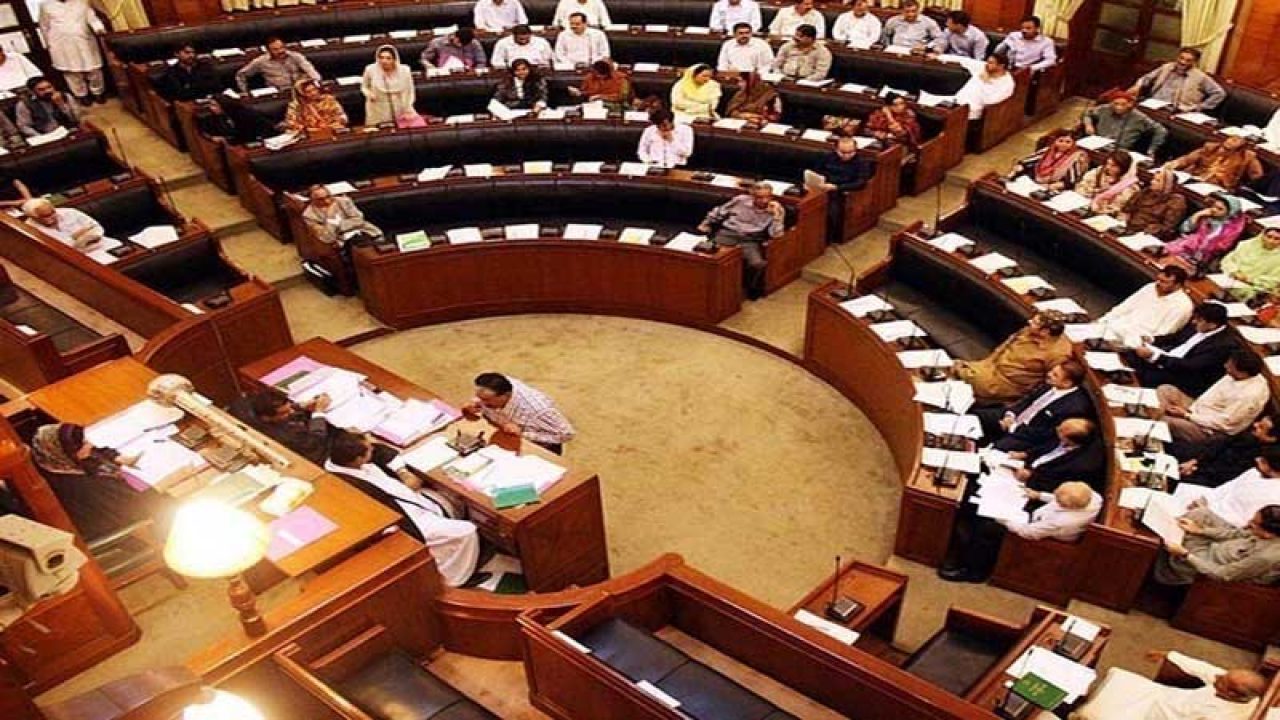Prime Minister Imran Khan’s Pakistan Tehreek-e-Insaf (PTI) seems unequipped to deal with the serious fissures in the ranks of its political alliance in Sindh that the Senate election has brought to the
fore.
The most prominent of the fissures at this point is the alienation of the PTI ally Grand Democratic Alliance (GDA) after its head Pir Sadaruddin Shah unexpectedly lost his Senate run on account of betrayal by its PTI allies.
Well-placed sources tell The Truth International (TTI) that Pakistan Peoples Party (PPP) had offered its conditional support to GDA in securing this seat against some favours in the election. However, the GDA took a dim view of the offer, believing its position was secure given the support it expected from the PTI-MQM alliance in the Sindh Assembly.
It was a rude shock for the GDA to discover it had been let down by its allies when election for the seat of the Senate took place and the results were announced. Smarting from the double blow of loss and betrayal, the GDA has chosen silence over protest – which does not bode well for the PTI-led coalition.
The other of the fissures arises from the urban-rural fault line within the ranks of the PTI itself. The urban faction of the party dominated by Karachi-based MPAs – put in the driving seat by the central leadership – pays no heed to the needs, opinions, or grievances of public representative of the party belonging to the rural or interior Sindh.
This state of affairs seems to have finally drove two of the party’s MPAs from rural Sindh to openly break ranks with the party to vote PPP candidates.
PTI MPAs from Interior Sindh constituencies have been facing three major issues since the current regime came into power. The political policymaking process is in the hands of those leaders of PTI on the provincial level who had no deep-rooted connection with the political developments in Interior Sindh.
This is the reason why whenever this Karachi-based leadership of PTI in Sindh talk about political issues they share enormous similarities with MQM-Pakistan. Two and a half years of PTI’s urban-led approach to Sindh politics has pushed the interior Sindh MPAs so hard they are unable to support or defend the party’ narrative anymore. The second issue is that the federal govern- ment has not granted any developmental funds for areas like Jacobabad, Sukkur, Larkana, Daharki, etc., nor has it been able to provide any federal jobs for the citizens of these areas.
Thirdly this is another major issue that no government functionary is appointed of their choice on the local level who could assist their voters in resolving their issues.
How can an elected representative handle and satisfy their voters in the backdrop when there are no developmental schemes in his constituency and he cannot fulfil his promise to provide jobs to his voters? These elected representatives have no say in the government offices to have the issues of their voters resolved at the local level.
This was the scenario which forced MPAs Aslam Abro and Shehryar Shar to openly revolt against their party.
According to Qazi Asif who is a senior journalist based in Karachi, Aslam Abro has been in the middle of conflicts with feudal lords of Jakhrani tribe in Jacobabad. According to Asif, Abro supported PPP in the Senate’s election in return for help to sort out his chronic issues with Jakhranis.
Also, the PPP-led provincial can also throw some developmental schemes Abro’s way, and allow him a say in the transfers and postings of government officials in his constituency, helping him placate his constituents. His decision to break ranks with his party, therefore, seems to have been dictated by the exigencies of political survival.
Likewise Shehryar Shar was also facing almost similar issues with his local political leadership.
Another issue is that despite being allies there is no ideal working relationship between PTI and MQM-Pakistan.
When it was time to change opposition leader in the provincial assembly then MQM-Pakistan had demanded the slot of opposition leader from PTI in the assem- bly. This was the reason that MPAs of MQM-Pakistan were not ready to sign the motion aiming to appoint opposition leader nominated by PTI in the Sindh Assembly. However, they later signed it when pressure was mounted on them from the quarters concerned and Halim Adil Sheikh secured the slot of opposition leader in the assembly.
Pakistan Peoples Party (PPP) as per its numerical strength in the Sindh Assembly was supposed to obtain six seats in the Senate election of 2021 but it bagged one extra seat via toss when the cast votes stood equal for opposing candidates in the recently held election.
On 3 March, during Senate’s election, Faisal Sabzwari of MQM-Pakistan bagged as much votes as Sherry Rehman of PPP-P but he lost the seat when decision was made on a toss.
Analysts say the root cause of all these problems is that PTI in 2018 general election won seats for its candidates who had no political grounding and no exposure to parliamentary politics. This is the main reason that with the passage of time the political affairs seemed to be deteriorating instead of improving. Now a time has come that there are differences among the rank and file of PTI and fissures between PTI and its allies is deepening with every passing day.










